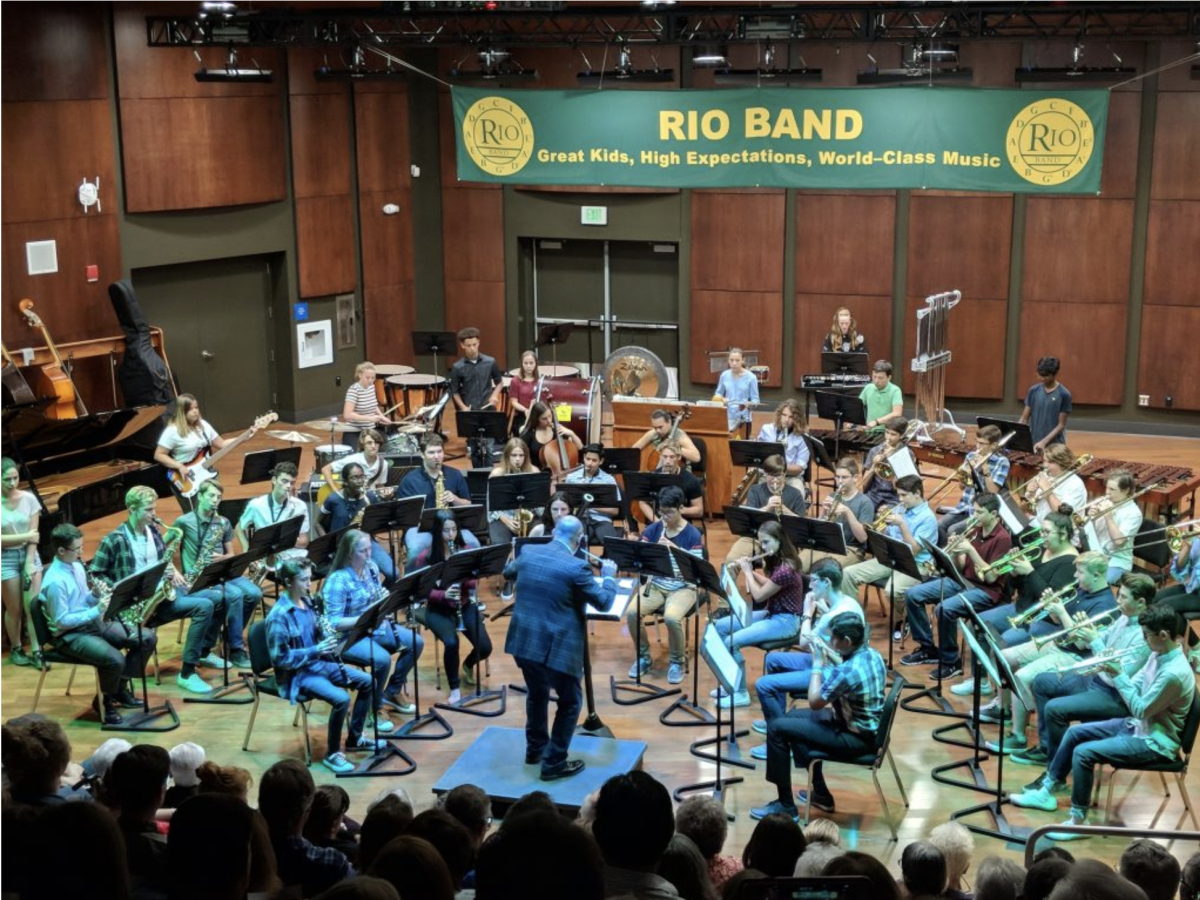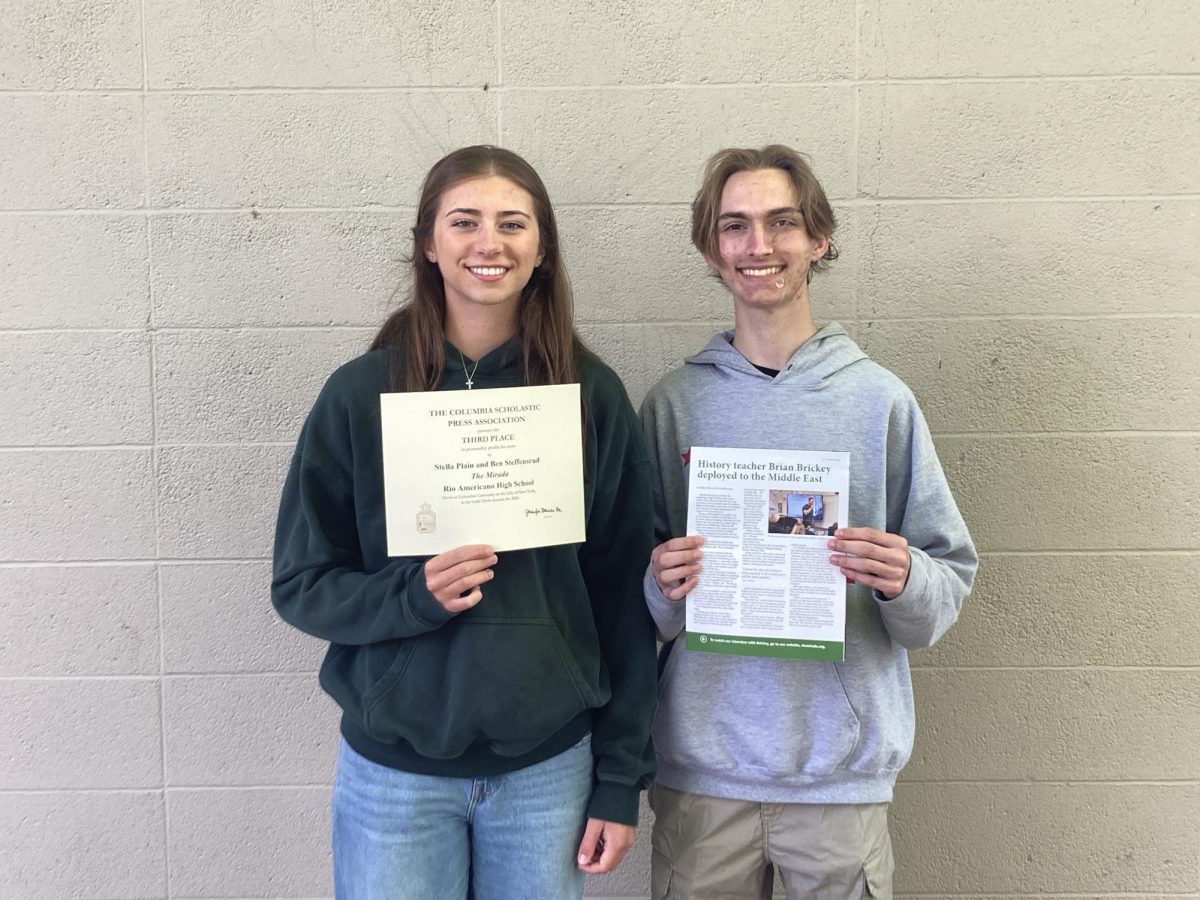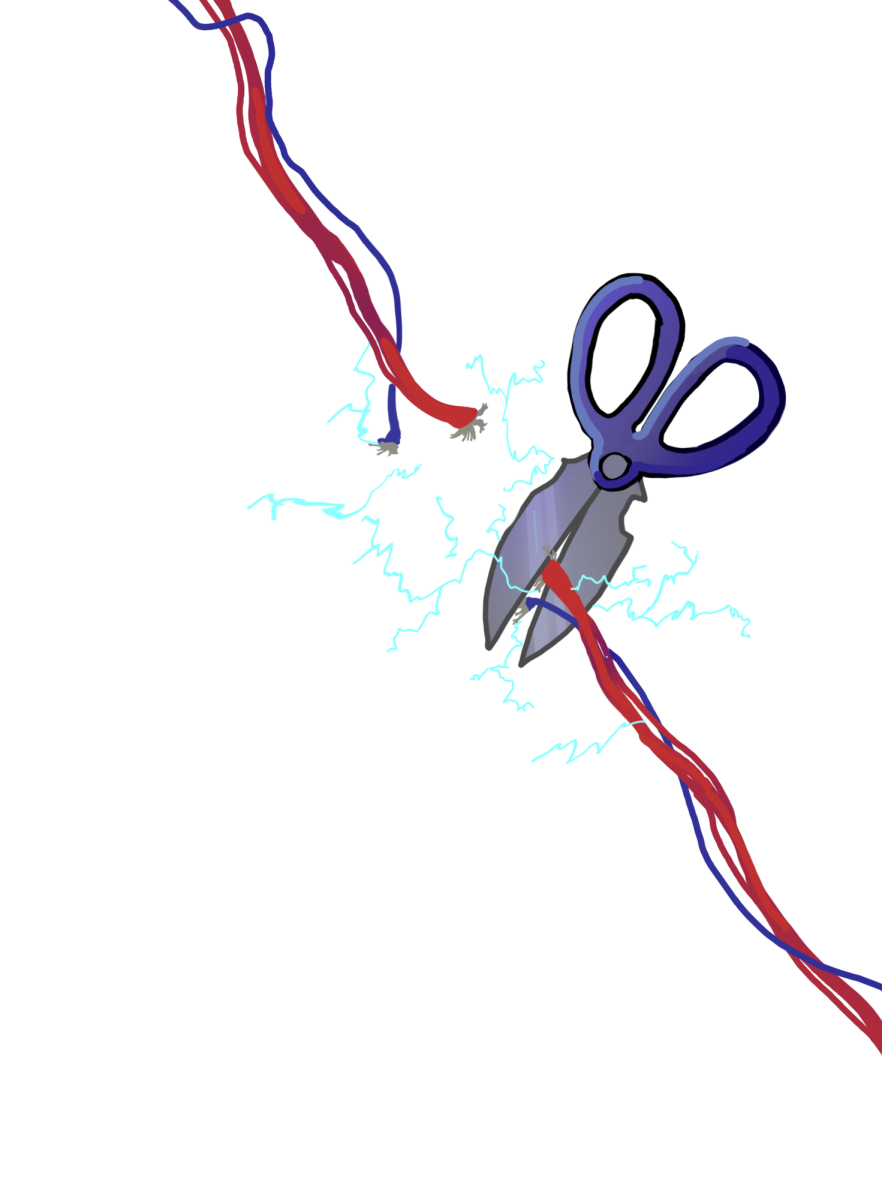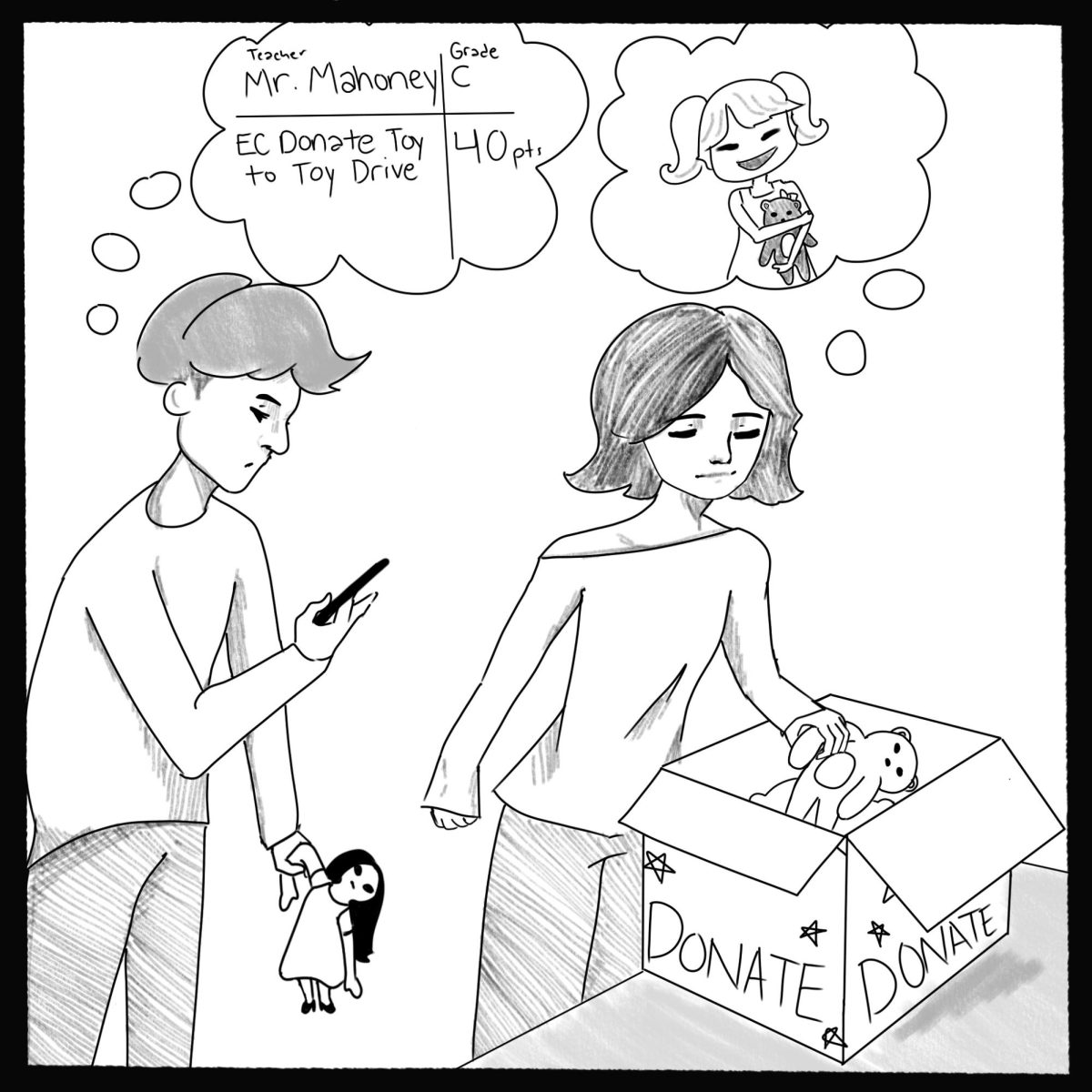
Optimism is the characteristic that pulls students through long study nights. Optimism is the characteristic that gives parents encouragement to raise rebellious children. Optimism is the characteristic that offers man a fighting chance to survive in a world of evils. Not only is optimism a rocket that boosts individuals forward, it is also a thread that weaves communities together. Be it a school project, a work presentation, or a venture into the unknown, optimism creates unity among friends and strangers alike in the face of adversity.
Optimism is typically characterized as confidence or hope about the future. There are extremes, like counting on winning the lottery out of millions of people to pay a debt, and there are realistic, like being successful in school by working hard. In cases of realistic optimism, the individual’s hope is based on knowledge. So, we can redefine realistic optimism as, not just confidence in a better future, but as evidence-based faith in success or people.
Take the first exploration to the bottom of the ocean, for example. In 1977, a vehicle called Alvin dove into the depths of the ocean, carrying three geologists. Before this adventure, no one knew what existed on the ocean floor. The geologists who took this uncomfortable risk were looking for hydrothermal vents because they had developed a theory they wanted to prove. This expedition took an immense amount of courage and an equally enormous amount of optimism, optimism that led the scientists to prove their theory. Even biologists joined the journey into the dark, hoping to understand the mysteries of life without the sun. Hence, more optimism was needed for the new teams of scientists as they began to piece together the puzzle, but it was based on evidence from previous expeditions. There were no complete leaps into imaginary worlds. Thanks to their unity through optimism, we now have a wealth of knowledge about giant tube worms, yeti crabs, and sulfur-powered bacteria.
Optimism sneaks its way into many historical events. Martin Luther, leader of the Protestant Revolution; the Thirteen Colonies, rebels for freedom against the great British Empire; Nelson Mandela, peaceful destroyer of Apartheid; Robert Oppenheimer, creator of the atomic bomb that ended World War II. These are all people who faced adversity and people who led teams, armies, and nations into a new age. And they did it with optimism. How?
Optimism is the basis of unity because it encourages individuals to seek the counsel of others. In order to create a team, every man must first recognize that his colleague can offer something that the man himself cannot. This is a form of optimism because the individual must see the good or better in someone else. For example, for Oppenheimer to have cooperated with his team of scientists, he had to be optimistic about what they could provide and optimistic that they would succeed. Optimism is not blind trust. Leaders must have faith in their followers and colleagues. This mindset is the first gear to connect people.
The second gear of unity requiring optimism comes when people encounter adversity. Oftentimes, individuals give up in the face of adversity. On the other hand, if individuals form a group, by encouraging each other, they can press on forward as a unit. Optimism is the glue of the team. Take the Thirteen Colonies. If Benjamin Franklin or Thomas Jefferson had been the only politicians to organize the American Revolution, they would not have progressed very far. The taxes, quartering, and oppressive legislation of Parliament and King George III would have disheartened them quickly. However, with the combined support of American soldiers from the French and Indian War, representatives from colonies, and Thomas Paine’s Common Sense, politicians were able to create the Continental Congress to spread the hunger for freedom. Hoping for a better future, these politicians were able to convince enough colonists to successfully overthrow the British empire in the American colonies. The optimism of a number of members proved essential to the Continental Congress in maintaining the support of the American people; this was a near impossible task, but their faith in each other’s skill, knowledge, and determination held the congress together.
Optimism, the evidence-based faith in a successful person or event, brings about radical changes in the world as a support in unity because it ties people with common goals together, and acts as a buffer to prevent them from falling apart.
Note: this essay won second place in the Sacramento Optimist Breakfast Club’s yearly essay contest.




































